Top Data Recovery Services You Need to Know About
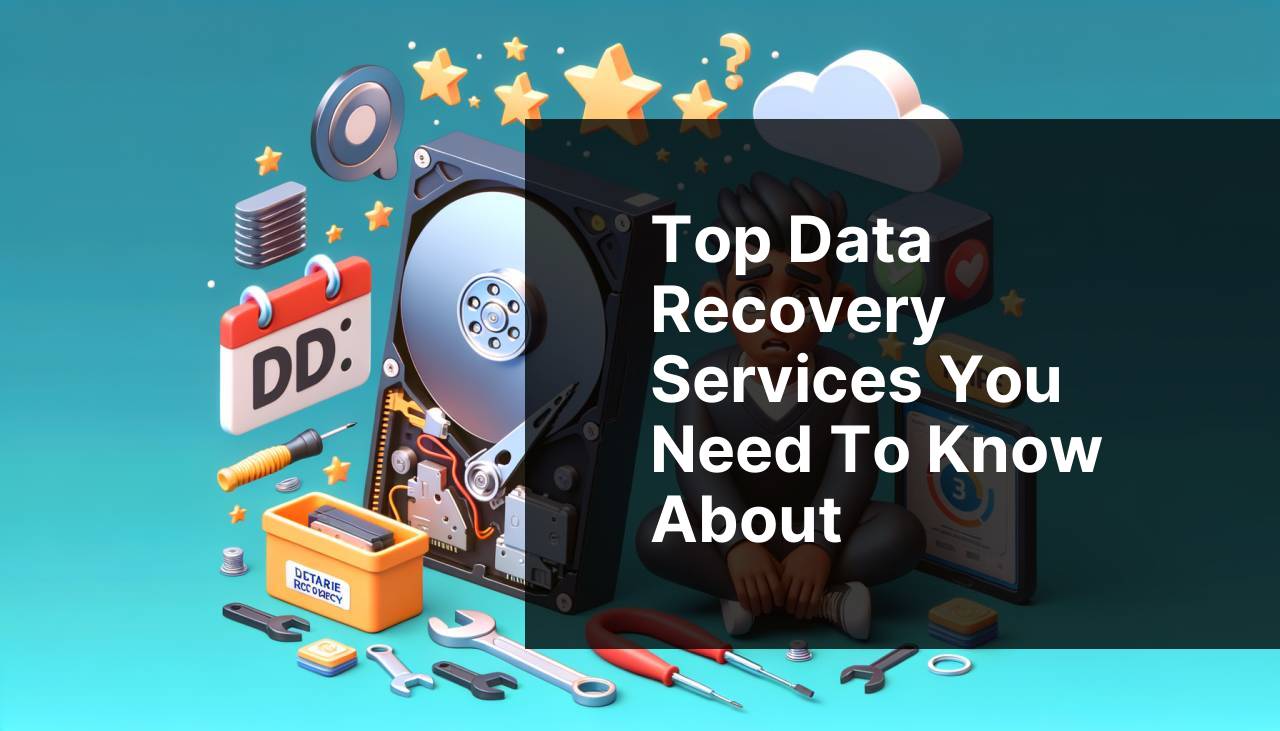
In today’s digital age, data recovery has become a lifesaver for many who have faced the brink of losing invaluable information. There are numerous reasons why one might find themselves needing data recovery services or software. Whether it’s a system crash, accidental deletion, or even a malicious attack, knowing the right tools and services can save you from potential disasters. As someone who has navigated through the labyrinth of data recovery more than once, I’ve gathered a wealth of firsthand experience and insights on what you really need to know, along with some of the top services available in 2024.
EaseUS Data Recovery Wizard
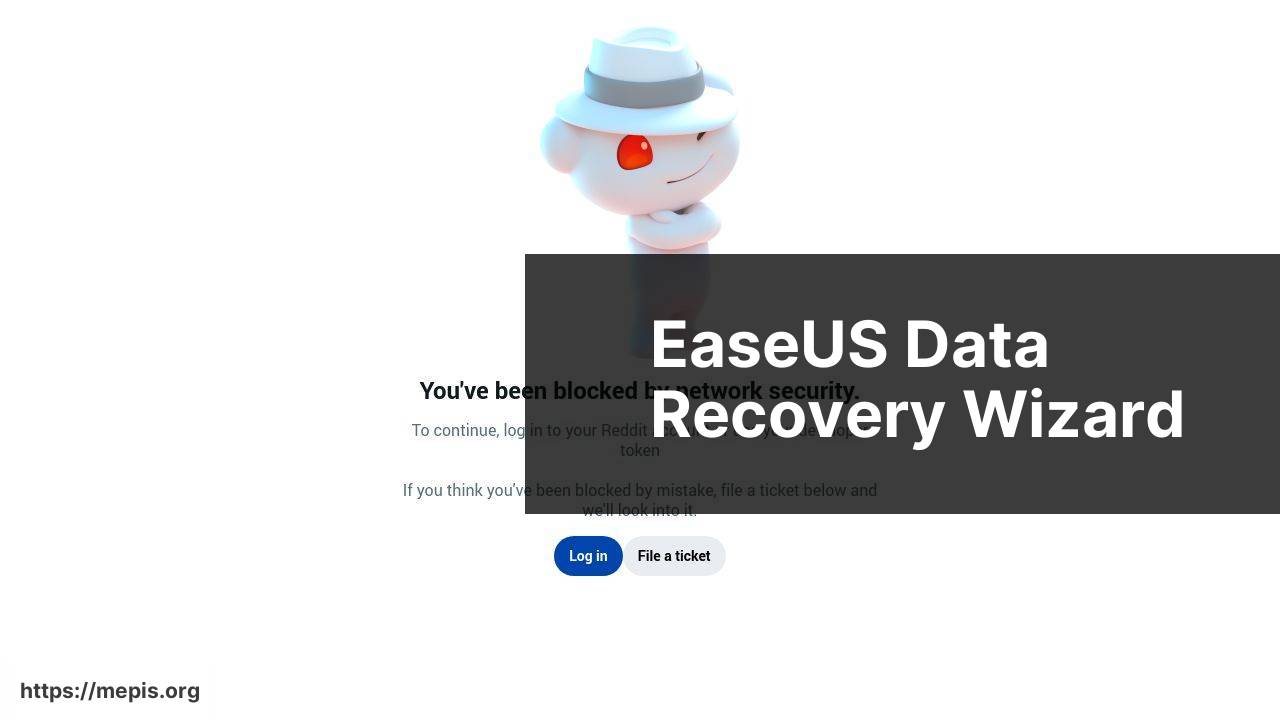
EaseUS Data Recovery Wizard is a user-friendly software that supports the recovery of various file types from different storage devices. It offers a three-step recovery process: launch the software, scan the device, and recover your files. The software also comes with a preview option, which allows you to verify the file’s condition before recovering it.
Pros
- Easy-to-use interface
- Supports multiple file types
Cons
- Limited free version
- Scanning can be slow
Stellar Data Recovery
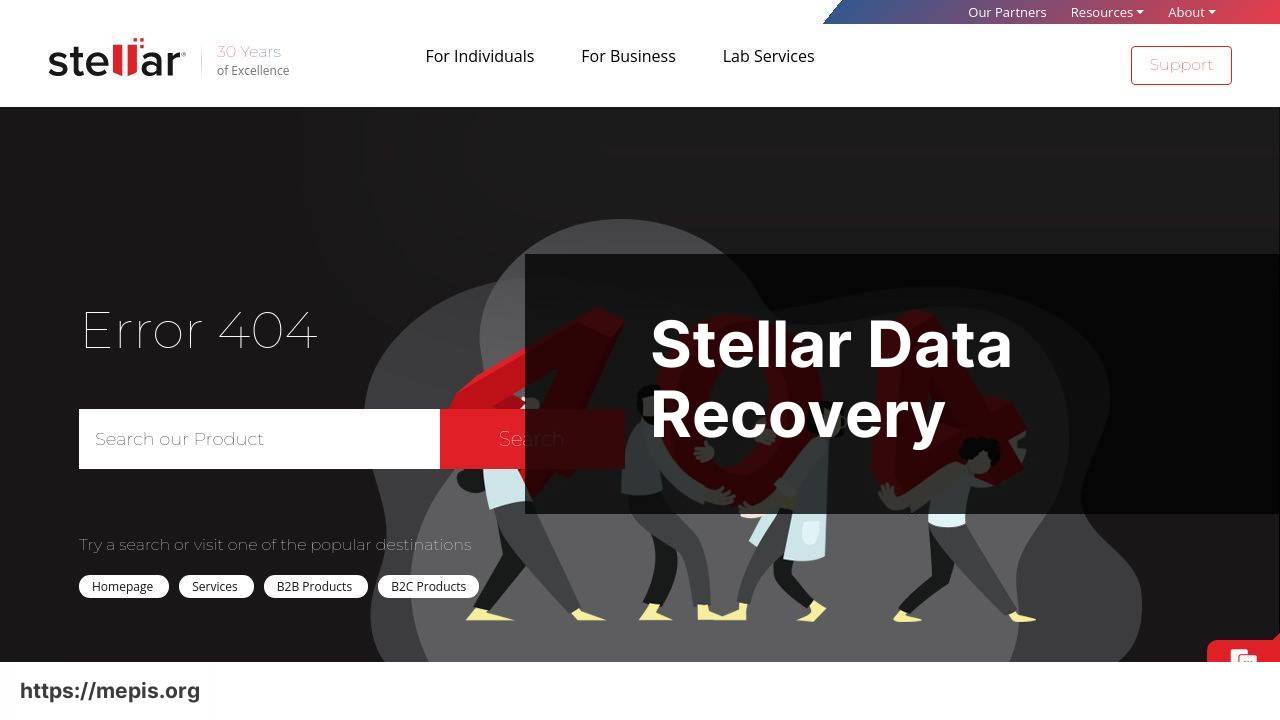
Stellar Data Recovery is well-known for its comprehensive recovery capabilities. It can recover lost data from PCs, laptops, hard drives, and even USB sticks. It’s particularly effective for complex recovery scenarios, such as corrupted files or formatted drives.
Pros
- Advanced recovery options
- Excellent customer support
Cons
- Pricy compared to competitors
- Interface can be overwhelming for beginners
Dr.Fone Data Recovery
Dr.Fone Data Recovery focuses on mobile devices, offering solutions for both Android and iOS. This software can recover photos, videos, contacts, messages, and more. It’s an essential tool for anyone who relies heavily on their smartphone for both personal and professional use.
Pros
- Specialized for mobile devices
- Supports a wide range of file types
Cons
- Relatively high cost
- Not as effective for severely damaged devices
Recuva
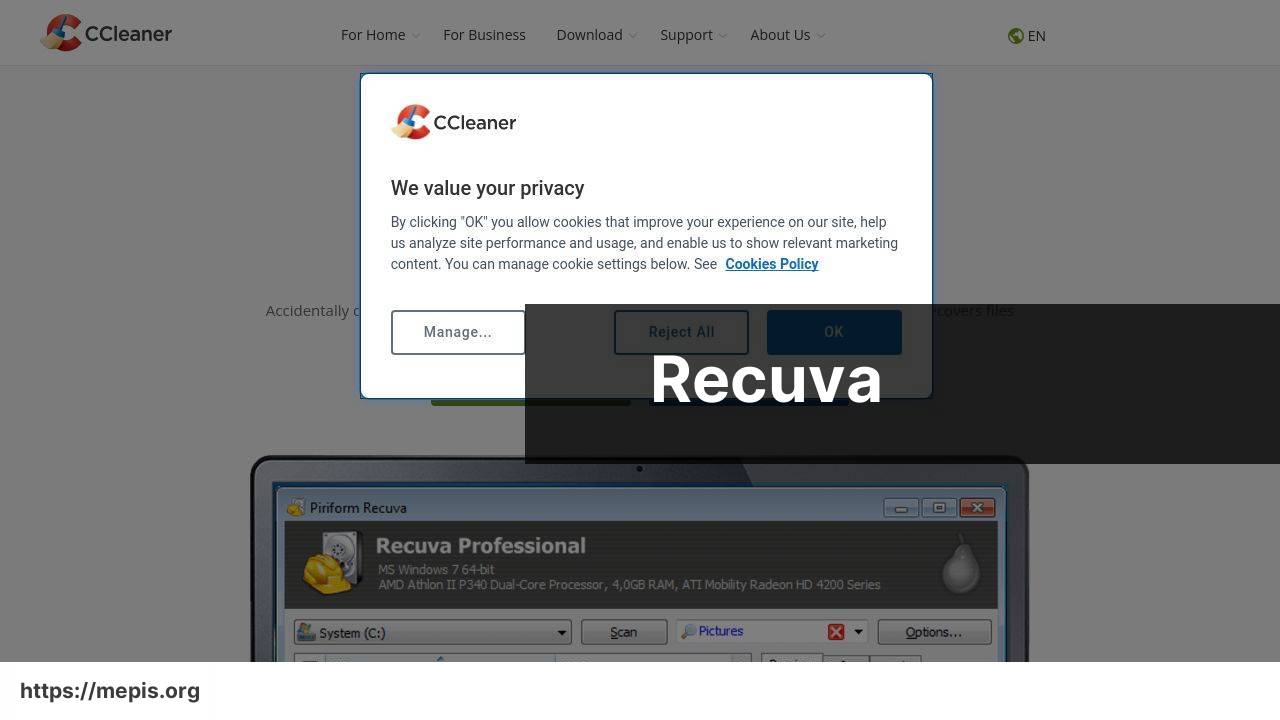
Recuva is a free data recovery tool that offers a straightforward approach to undeleting files. It’s especially popular for its deep scan mode, which can locate files that other software might miss. It’s perfect for users looking for a reliable yet cost-effective solution.
Pros
- Completely free for basic use
- Quick and deep scan options
Cons
- Limited advanced features
- Free version lacks customer support
MiniTool Power Data Recovery
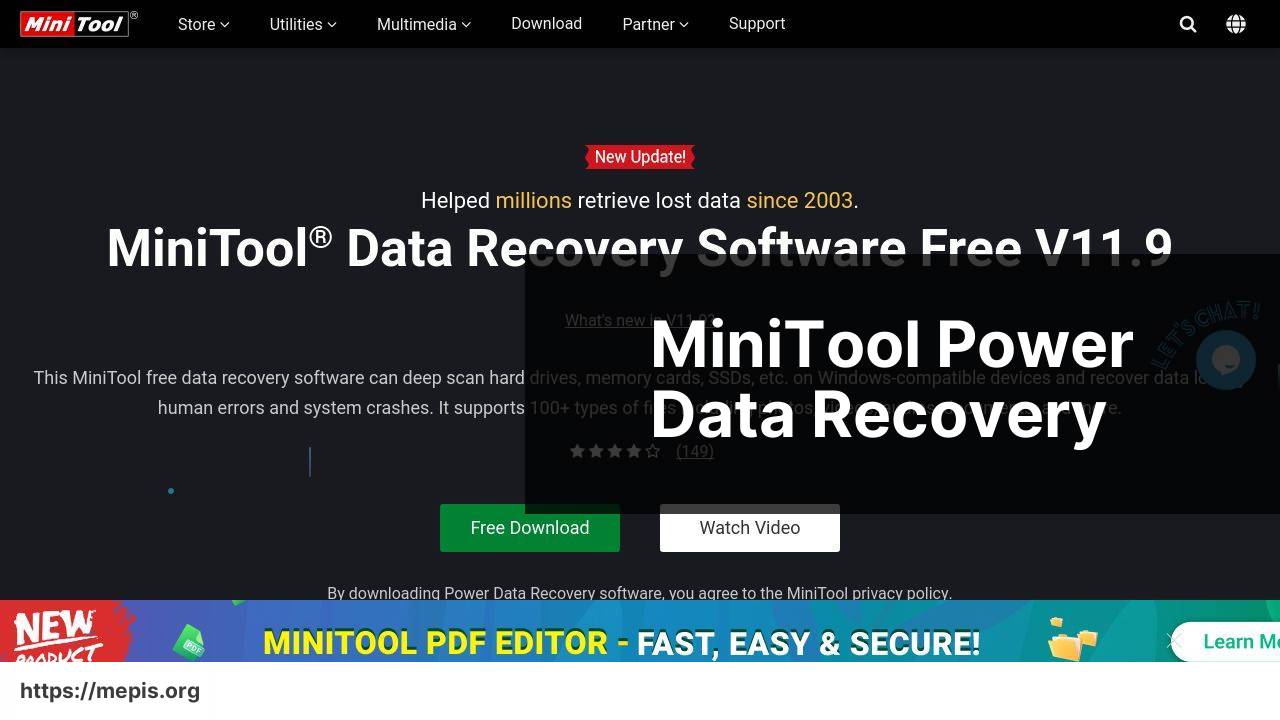
MiniTool Power Data Recovery offers a user-friendly interface combined with powerful recovery options. It can recover data from lost partitions, CDs, DVDs, and many other storage devices making it a versatile choice.
Pros
- Versatile recovery options
- Intuitive user interface
Cons
- Pricey for the full version
- Free version has limited features
Wondershare Recoverit
Wondershare Recoverit is renowned for its high recovery rate and user-friendly design. It can recover data from various devices, including camcorders, SD cards, and external hard drives. The software supports over 1000 file types, making it a comprehensive tool for any recovery situation.
Pros
- High recovery rate
- Wide range of supported file types
Cons
- Expensive for premium versions
- Scanning can take a long time
Conclusion:
Data recovery isn’t just about finding the right software; it’s also about understanding how to maximize your chances of getting your lost files back. One key aspect is understanding the different types of storage devices and their quirks. For instance, SSDs (Solid State Drives) have a different architecture compared to HDDs (Hard Disk Drives), which can affect how data is recovered from them. SSDs often use a technology called “TRIM,” which automatically clears out deleted data, making it harder to recover once the TRIM command has been issued. Therefore, when dealing with SSDs, time is of the essence.
Another crucial factor is the file system used by the storage device. Whether it’s NTFS, FAT32, or exFAT, each file system has its own methods for handling data and can complicate or simplify the recovery process. For instance, NTFS, mainly used in Windows systems, employs a Master File Table (MFT) to keep track of files, which can be advantageous for recovery purposes. Tools that can reconstruct the MFT can often recover files that appear permanently deleted.
For more complex recovery needs, especially in businesses, it’s sometimes worth considering professional data recovery services. These services come equipped with specialized tools and cleanrooms where they can disassemble drives for intricate recoveries. If you’re interested in understanding how professionals handle such scenarios, you might want to check out some discussions and reviews on top data recovery firms.
Additionally, always keep an eye out for any signs of impending data failure. Unusual noises from a hard drive, slow performance, or frequent system crashes can be indicators that your storage device is on its last legs. In such cases, it’s prudent to backup your data immediately and consider replacing the drive to avoid data loss. Regularly monitoring your drives with tools like CrystalDiskInfo can help you stay ahead of potential issues.
Always approach data recovery with caution and patience. Rushing through the process or using unreliable tools can exacerbate the problem. Instead, rely on well-reviewed software and, when in doubt, seek professional help to maximize your chances of a successful recovery.
Discover how data recovery works by participating in the Reddit Community discussions. Learn about different techniques, tools, and personal experiences shared by users who have successfully recovered their data.
FAQ
What causes data loss?
Data loss can occur due to hardware failure, software corruption, accidental deletion, or malware attacks. Power surges and natural disasters can also lead to significant data loss.
Are there different types of data recovery?
Yes, data recovery can be physical recovery from damaged drives or logical recovery from software issues like corrupted files or accidental deletions.
What are the key steps in data recovery?
The steps include initial assessment, extraction, analysis, and restoration. Sometimes, specialized software is used to recover files from logical damage.
When should you consult a professional for data recovery?
You should consult professionals for data recovery when the data is critical, the hardware is damaged, or when initial attempts with recovery software fail.
Are there any reliable data recovery services available?
Yes, there are several reputable services, such as Ontrack and SalvageData, offering both physical and software-based recovery.
Can free software be effective for data recovery?
Free software can be effective for minor data loss issues. However, for severe cases, professional services or paid software might be necessary for successful recovery.
How long does the data recovery process take?
The time for data recovery varies from a few minutes with software solutions to several days for complex physical recoveries.
What role do backups play in data recovery?
Regular backups are critical as they can prevent data loss and make the recovery process much simpler and faster in case of data corruption or hardware failure.
Is data always fully recoverable?
Not always; the success of data recovery depends on the extent of the data damage. Sometimes, complete recovery isn’t possible despite the best efforts.
How can you prevent data loss in the future?
To prevent data loss, use reliable backup solutions, install antivirus software, avoid clicking on suspicious links, and regularly check and maintain your hardware.
